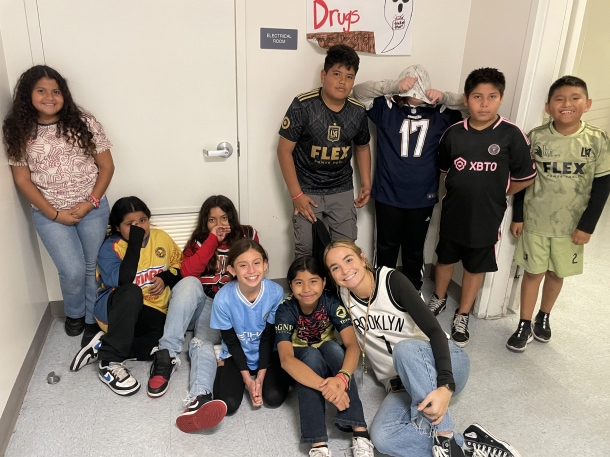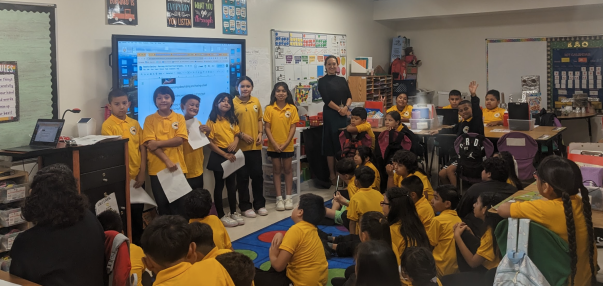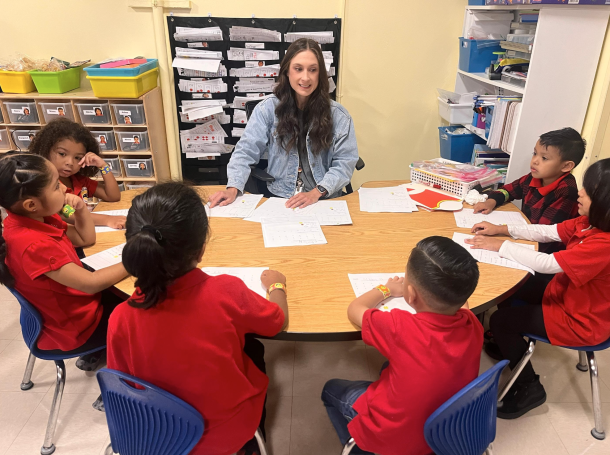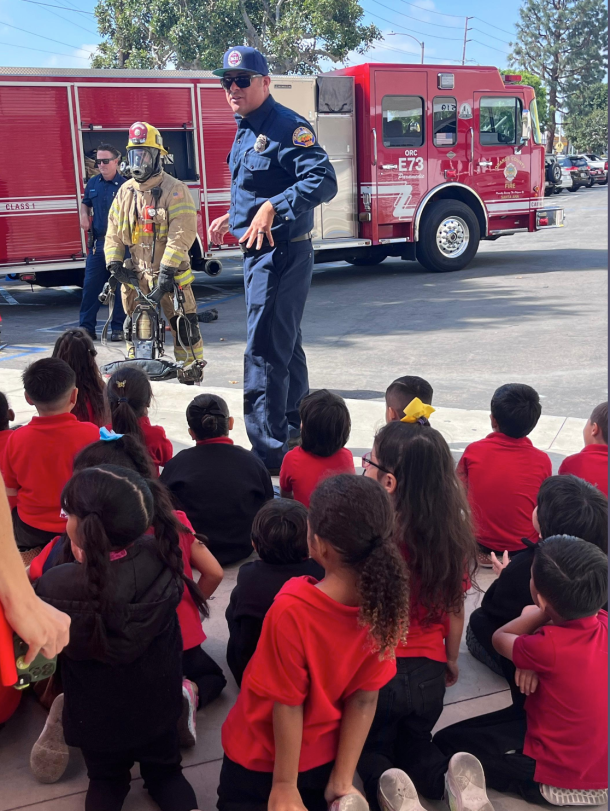All Vista programs are evaluated through our theoretical framework of engagement before adoption, ensuring the highest quality and alignment to our mission and vision.
Conditions and Structures that Promote Student Engagement and Learning
Quality of student-teacher relationship
We strive to transform the student experience and hire teaching and support personnel that embody a deep sense of excitement and passion for children and their learning.
Creating a safe space
We lay the foundation for creating a safe social and emotional space for our students through practices, such as Way of Council.
Rigorous standards and academic prowess
Our pedagogical practices and programmatic choices form the conditions for rigorous academics and warm supportive mentoring in symbiotic relation. The Vista approach is one in which student learn by doing under the guidance of a strong mentor/teacher.
Relevance
We believe that when students have a clear understanding of the value, purpose, and procedures for learning activities and the logic by which teachers arrived at their design, they are more likely to see the value of what they are being asked to learn and consequently will participate more eagerly in their learning with greater achievement levels.
Student-centered classroom
We firmly believe that students learn best by doing and not in passive lecture style settings. The student-centered classroom provides targeted instruction based on personalized learning goals with ample time for practice.
Student belonging
While we carefully attend to the interpersonal relationships and factors of engagement that fall within the locus of control of students and teachers, we also focus on the school-controlled factors that affect student identification with their school and the value of overall satisfaction within each student’s daily routines.
School size
Our model keeps the school size and class sizes relatively small, in order to sustain a close-knit school community.
School discipline and safety
Creating a safe environment with structured discipline policies is essential. We use Way of Council to foster conditions of empathy, respect, kindness, and love in the classroom and the school itself. We also use principles of Restorative Justice to teach students how to grow and learn from mistakes.




